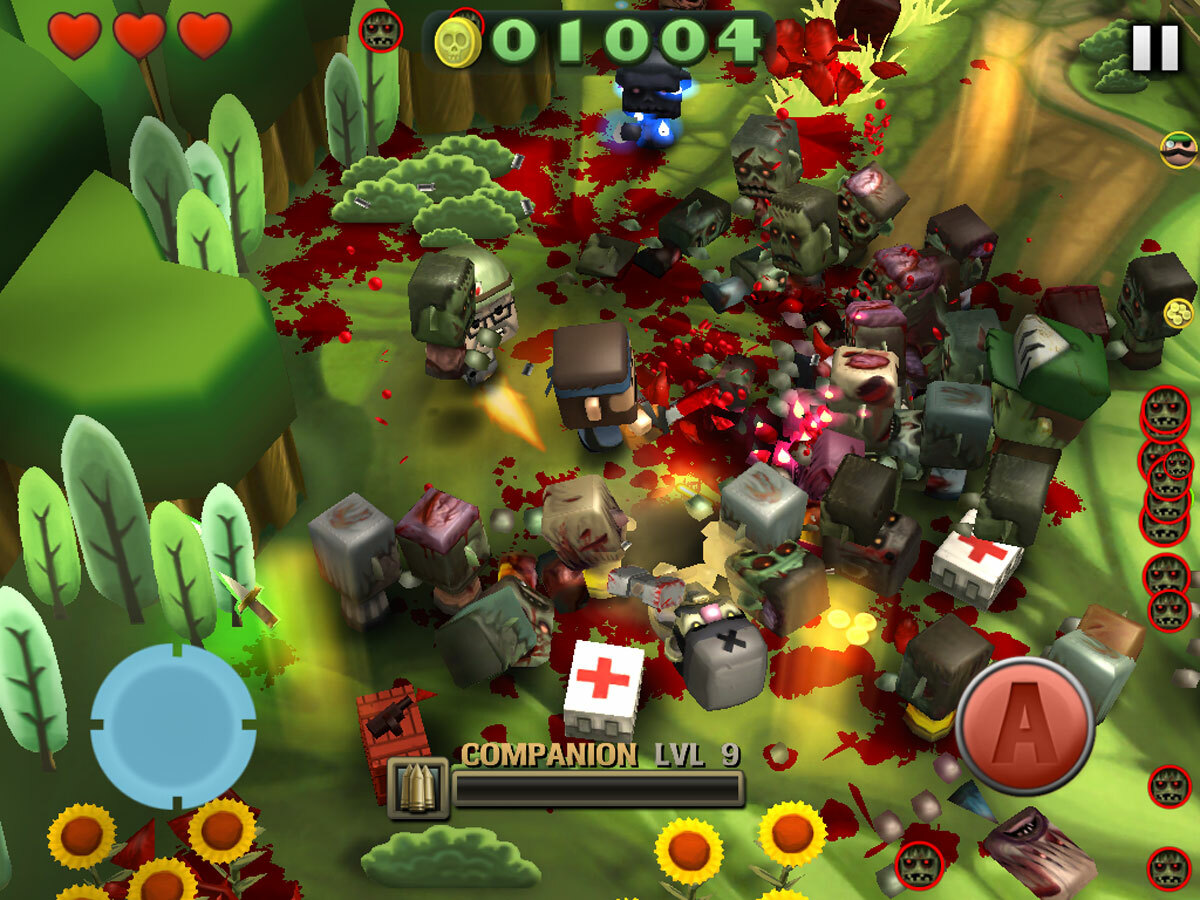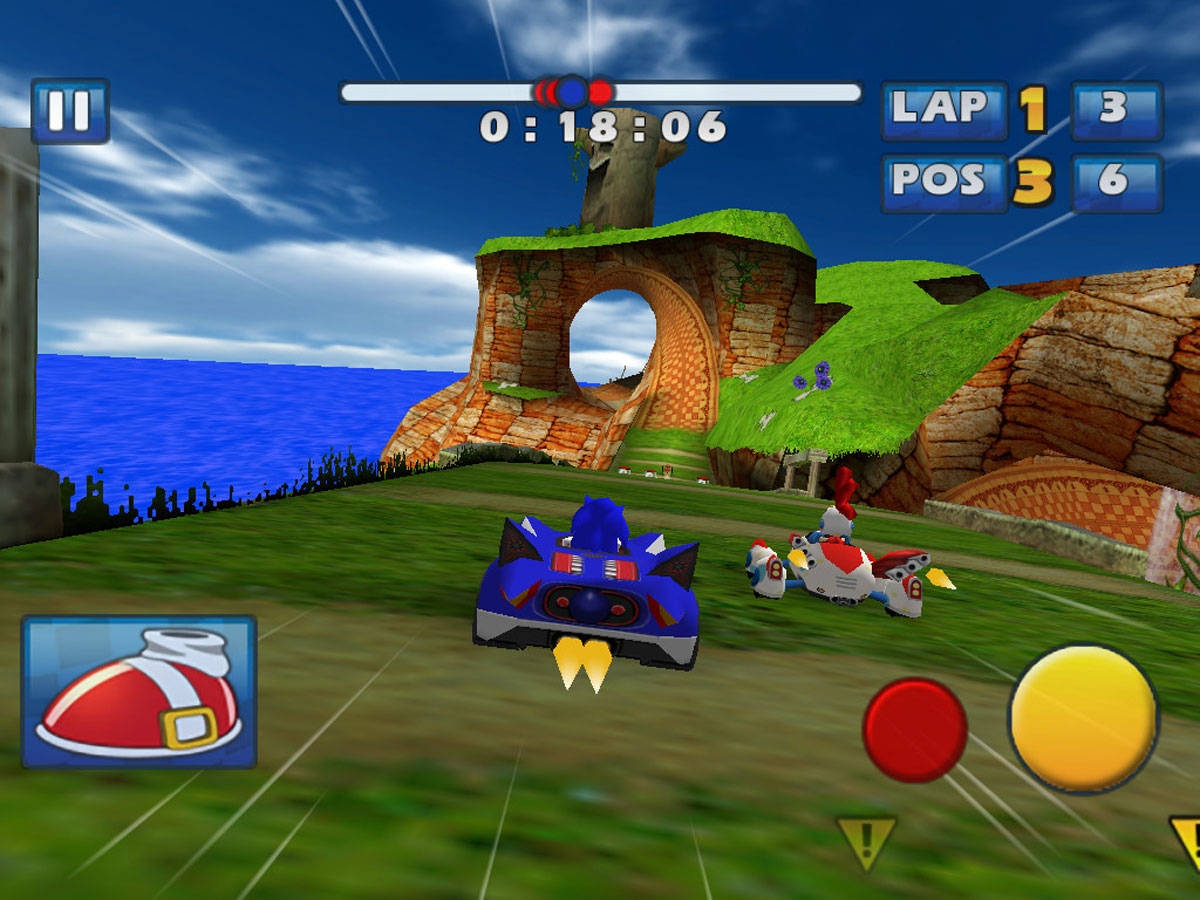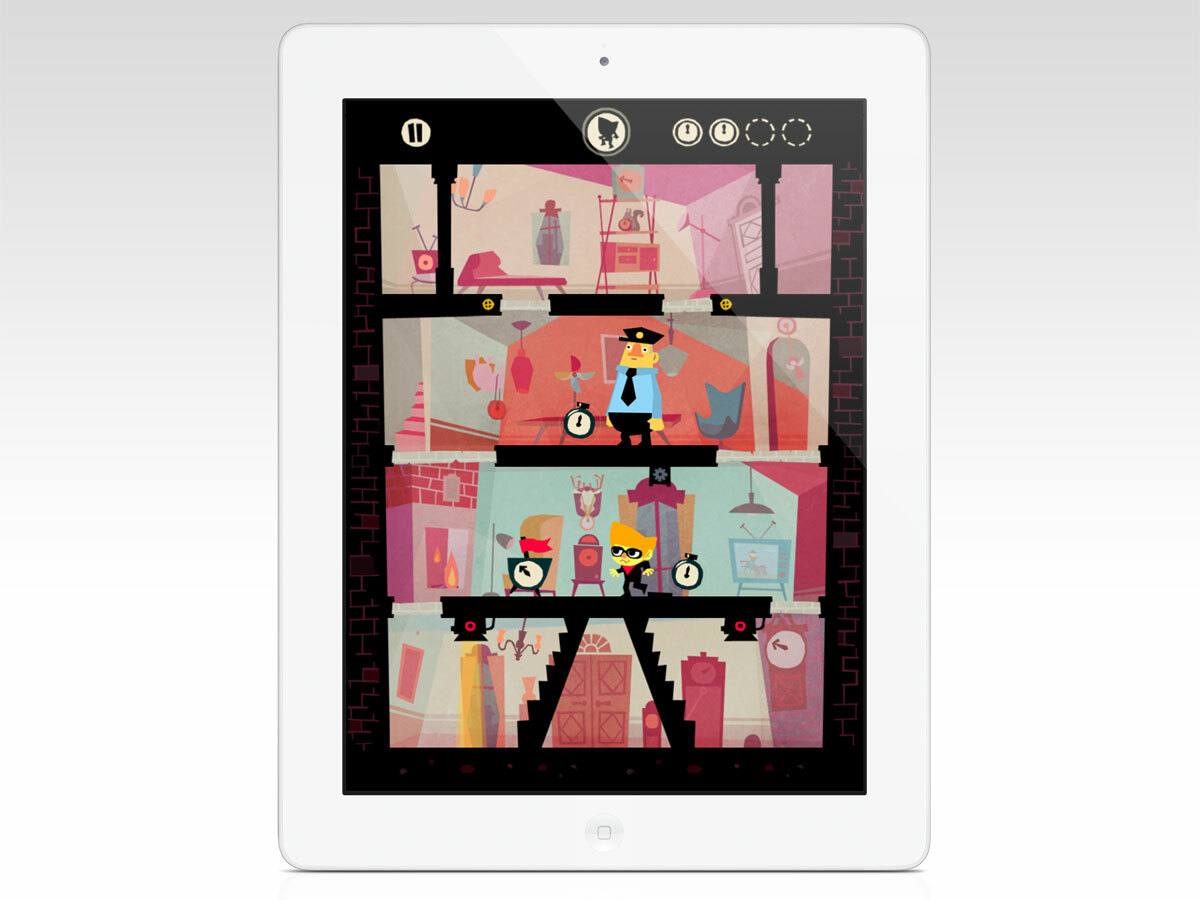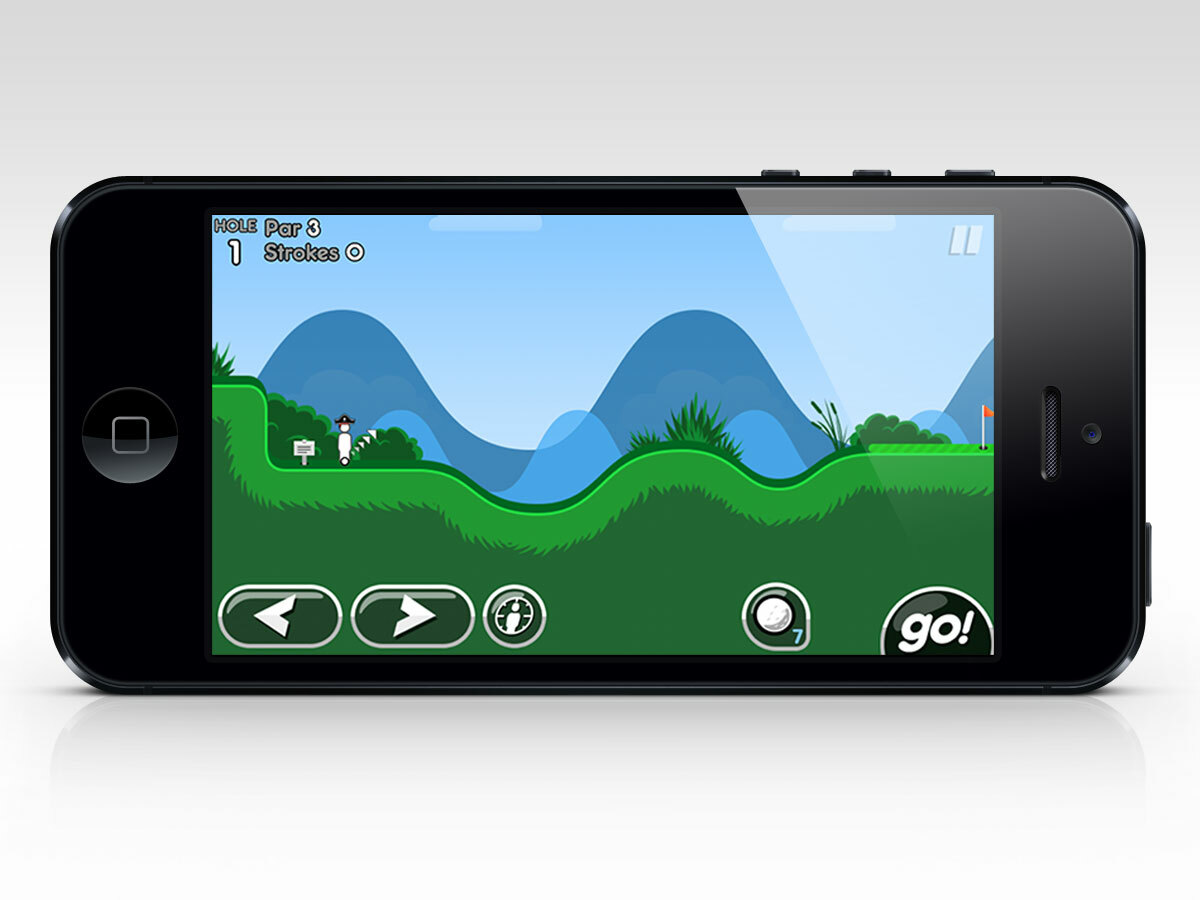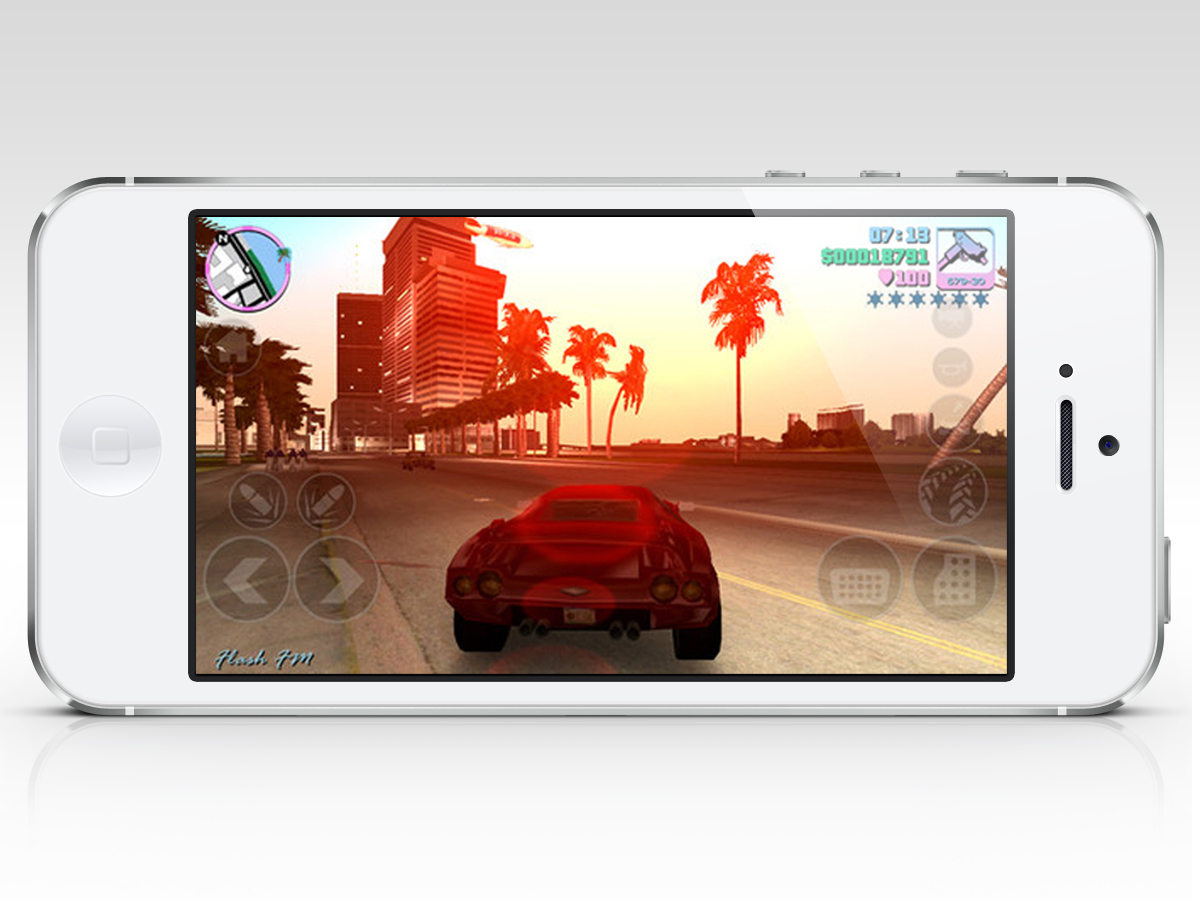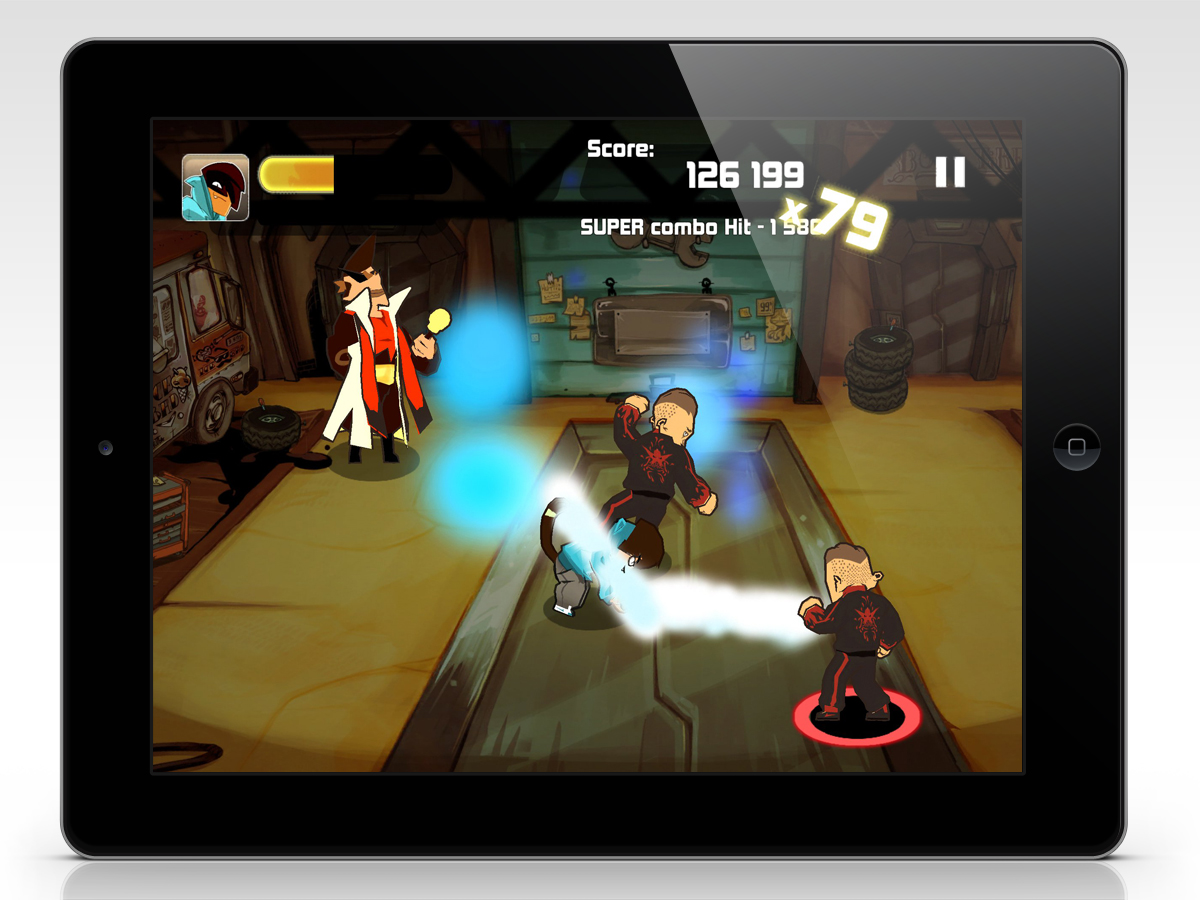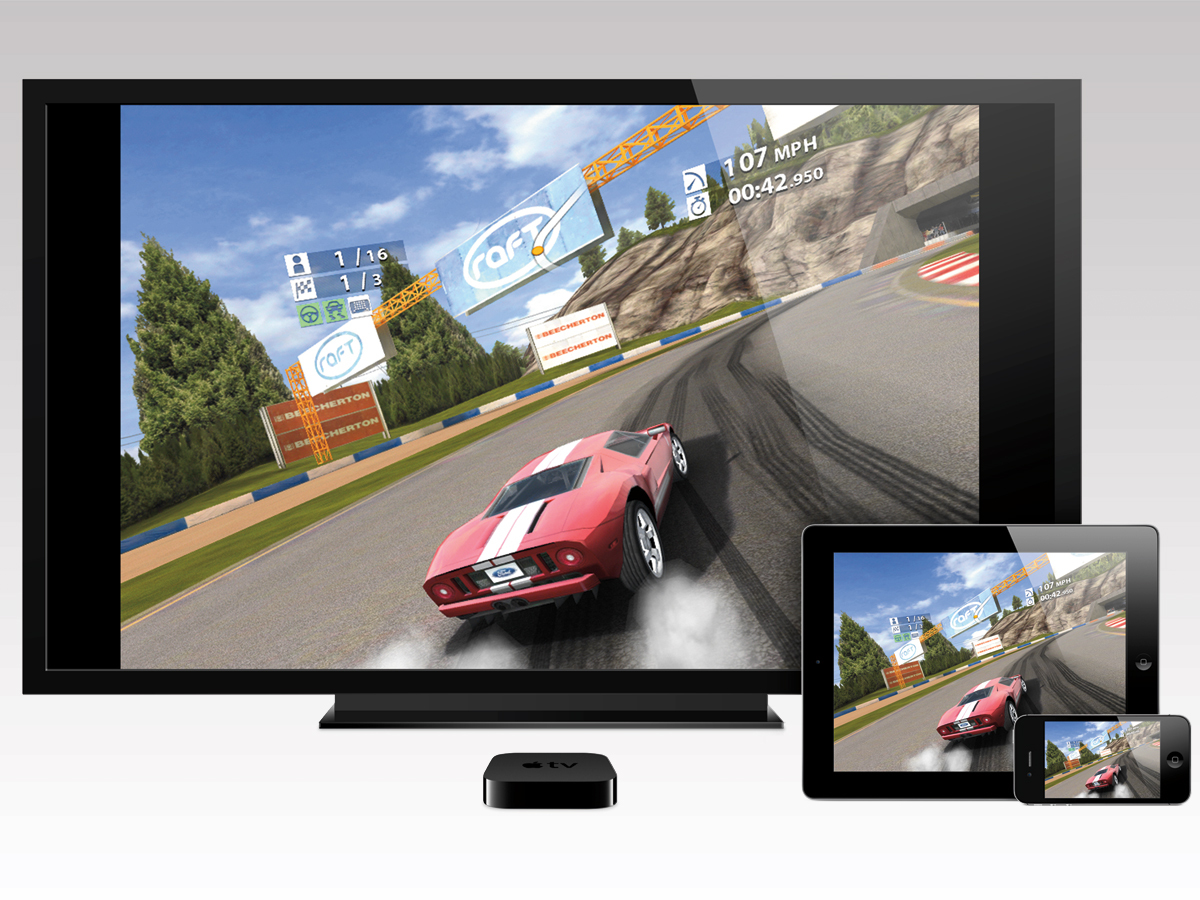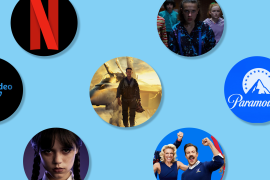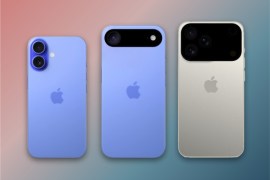iWin: how Apple became the accidental king of mobile gaming
We talk to the people behind the gaming greats of iOS, to find out how Apple managed to beat Sony and Nintendo at their own game
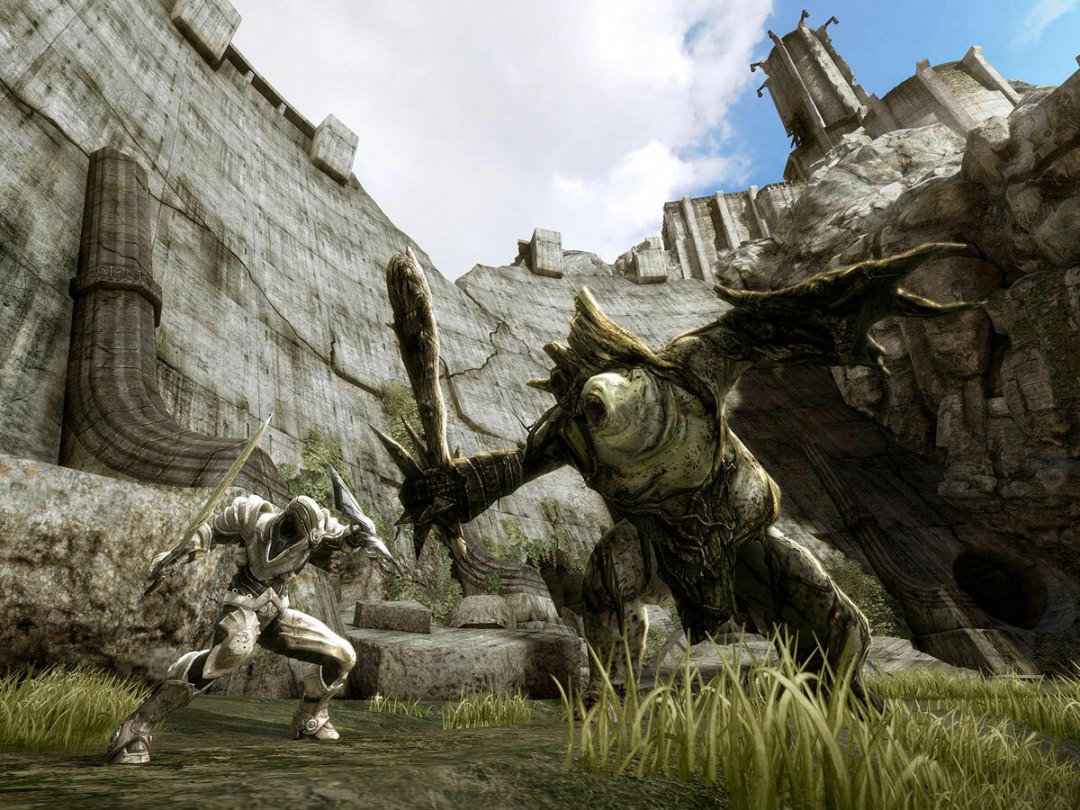
Apple doesn’t attend E3, and in the late 1990s its idea of a games machine was legendary disaster the Apple Bandai Pippin.
In more recent years, founder Steve Jobs spoke of Apple being at the intersection of technology and the liberal arts, but his love for creative media didn’t extend to games – there was little evidence he cared for or understood them. Following his lead, the company appeared quaintly oblivious to gaming. But since the iPhone’s debut, Apple has quietly become a gaming giant, making available thousands of titles for the 600 million iOS devices sold to date.
The games industry has not been blind to this shift in power. Most major publishers now release iOS titles. EA is simultaneously winding down Wii U support yet prepping iOS exclusive Plants vs. Zombies 2. Even Nintendo and Sony, once routinely dismissive of Apple, now rile each other by claiming Apple is the ‘only’ mobile rival worth considering.
Elsewhere, the rumour mill churns regarding Apple’s television ambitions; suggestions abound Apple could muscle in on turf occupied by Xboxes and PlayStations. But even if Apple remains solely wedded to ‘second screens’, that could still spell doom for gaming handhelds finding it tough to compete against intuitive multi-function devices, for which games can be downloaded for pennies – or nothing at all.
The full package
Take a step back and Apple’s gaming success was far from assured, with the company initially oblivious to its platform’s potential. ‘Apple simply didn’t realise it had the hottest gaming device on the planet,’ thinks Timo Vihola, creative director at Mountain Sheep, noting the App Store still lists games as just one of many app categories, despite games accounting for a disproportionate amount of revenue.
The iPhone, though, had delivered what many long hoped for in mobile gaming: a powerful device boasting a truly intuitive interface, a huge audience and a straightforward storefront. ‘People had experienced each in isolation – the PSP’s power; Nokia’s popularity; iTunes purchases – but the iPhone brought everything together,’ says Vihola. For Chris Southall, Sega Europe CTO, the storefront was key: ‘iTunes changed how people buy music, and the App Store similarly transformed how people access apps.’ Developers note although this seems obvious now, it wasn’t at the time. ‘Now we’ve similar offerings from Google, Microsoft and Amazon, it’s easy to forget the App Store was initially groundbreaking,’ says indie developer Kevin Ng.
This worldwide distribution network combined with other factors to create what Noodlecake COO Ryan Holowaty calls a ‘perfect storm’ for game developers: ‘We also got affordable developer licences, usable development tools, and the ability to self-publish. With mobile games being bite-sized, the iPhone became the perfect platform for aspiring developers to experiment and try out creations relatively risk-free.’
Apple – the new open?
With Apple regularly accused of building walled gardens, it’s strange to realise that wasn’t the case with gaming. ‘The tiny step between ordering your SDK and starting development made traditional consoles look ridiculous by comparison,’ maintains Simogo co-founder Simon Flesser. ‘That every iPhone was really a dev kit also played a significant role.’ Letterpress developer Loren Brichter offers similar memories: ‘I recall trying to buy a Wii developer kit because I thought it’d be fun to make a game. I was even happy to pay the thousands of dollars it cost, but Nintendo wouldn’t allow it because I worked from home, not an office!’ When the App Store arrived, Brichter recalls the fact you could write from anywhere with ‘free tools, a trivial developer fee, and the minutia of distribution handled for you, unleashed a tidal wave of creative energy’ and ‘things could exist that couldn’t before’.
Veteran designer Ste Pickford reckons industry leaders had long been entrenched in damaging practices: ‘Gaming became infected at an early stage in its history by the horrible idea of exclusivity – strict limits on who was allowed to make games and vetting what was allowed to be released.’ While this made sense in the 1980s, gatekeepers are today an anachronism, and yet major players on all other platforms ‘still had this old-fashioned idea of a curated range of games made by pre-approved developers’. With Apple arriving from outside the games industry, and ostensibly not really getting it, rules were instead borrowed from its approach to music, movies and books, where anyone can make and distribute a product – so long as Apple got its cut. It’s a more mature approach,’ thinks Pickford, ‘and Apple’s open, relatively un-curated App Store arrived as triple-A console development was imploding, leading to hundreds of devs scrambling to find an outlet for their work that wasn’t dependent on big conservative publishers only looking for certain types of games. iOS became the only platform new indies could realistically target’.
Access all areas
Apple’s approach to gaming admittedly led to a glut of shovelware, but the flip-side was many higher-quality games showcasing a level of creativity, innovation and experimentation not seen since the days of 8-bit machines. This happened in part because individuals and small teams could do whatever they wanted, without pressure from focus groups, ‘industry norms’ and publishers. ‘Being in central Canada, our options were limited when pursuing a career in games development, but the iPhone changed all that. It wasn’t that Apple opened a door, but it created one that simply wasn’t there before,’ enthuses Holowaty, who adds Noodlecake probably wouldn’t exist at all if it wasn’t for Apple. Additionally, a lack of traditional controls (iOS devices have multitouch and can sense positioning in space) forced developers to rethink how people interacted with games. Controls suddenly had to be intuitive, rather than mapped to controllers familiar to hardcore gamers but impenetrable to the public at large.
Small, focussed titles thrived. ‘Games like Doodle Jump and Super Hexagon may not have been valued by traditionally cautious games publishers, but they found their audience on iOS,’ says Ng. Importantly, they were also allowed to stay small, as Pickford explains: ‘Titles succeeded that didn’t make sense in the videogame world imagined by the likes of Nintendo and Activision. Angry Birds would have been padded out with a long story, cut scenes and voiceovers, a campaign mode and multiplayer, alongside the game originally envisioned, just to get concept approval. The immediacy and simplicity that made it work would have been lost.’ Instead, as Southall says, Apple, ‘whether accidentally or deliberately, facilitated a very creative environment that gave rise to many quirky and interesting titles that could also be commercially successful’.
Once Apple saw money rolling in, it slowly began to acknowledge games, featuring them in prime positions on the App Store. Developers are typically unimpressed with such efforts, but interactive artist Zach Gage counters: ‘Every week, Apple shows off a bunch of games that appeal to large demographics and a few that push the boundaries a bit. It’s not showing as many wildly experimental products as I’d like, but Apple has a good track record of understanding its audience and encouraging people to try new things, in a manner that doesn’t overwhelm.’
Think different
Despite iOS gaming flourishing, there are arguments Apple should take a more traditional approach, offering ‘standard’ controllers, vetting games to keep garbage out of the App Store, and turning the Apple TV into a games console. ‘People saying all that stuff don’t understand how Apple works or why the company’s historically been successful,’ asserts Gage. He explains Apple doesn’t take advantage of every revenue stream it could be in, instead ‘engaging in certain areas in which it can tell a story’. For iOS, this means ‘leaving your living room and laptop behind, and having a powerful experience on a device all about touch, convenience, simplicity, and accessibility’.
Targeting the ‘big three’ in gaming would, according to games developers, have killed Apple’s prospects in the industry stone dead. ‘Apple succeeded through stepping away from the traditional console space and into new territory, not going toe-to-toe with Sony, Microsoft and Nintendo,’ believes Ng. ‘That’s what Apple’s done in every market it’s entered, and unless there’s a fundamental shift in the company’s founding principles, it won’t suddenly switch to a me-too approach.’ Flesser agrees: ‘When a company’s chasing after a public by doing what is expected of it, it fails. Apple must continue to surprise with new, fun and exciting input methods rather than a ‘traditional’ route.’
Game Bakers creative director Emeric Thoa adds that those clamouring for Apple to be more traditional in gaming misunderstand the current state of play within the industry: ‘Apple’s making money because loads of people make quality content for its platform. Apple’s only concern is selling more devices. It’s Sony, Nintendo and Microsoft trying to get Apple’s share now, not the reverse.’
App to the future
Where Apple heads now remains to be seen, but aspects of its ecosystem need addressing. Southall shares many developers’ concerns that the recent rise of free-to-play will result in a race-to-the-bottom where it ‘won’t be financially viable to make games’. He worries indies will be priced out of a market increasingly reliant on advertising to get noticed: ‘Apple must continue to innovate to allow small developers to flourish, retaining that key strength in how content arrived on iOS’. (Thoa agrees with both points, saying they’d improve games, but wryly adds: ‘It’s not where I think Apple’s priorities will be.)
Holowaty reckons the Xbox One reveal’s emphasis on apps and media was tacit acknowledgement of the Apple living-room threat, but hopes Apple will eschew the safe route for ‘something I didn’t even know I wanted, like the original iPhone’. Gage concurs: ‘Lots of people want the Apple TV to move into the game space, but it’s hard to see how Apple could continue telling its story by doing so.’ Turning the Apple TV into a more ‘standard’ console would mean iOS devices were ‘no longer the centre of the ecosystem, and, worse, would have to share that ecosystem with devices that aren’t touch-sensitive. That sounds like a mess’.
Beyond a tantalising reference to an API for third-party game controllers at WWDC 2013, there were no suggestions Apple would enter traditional gaming. Indeed, perhaps the reverse is likelier, with rivals learning from Apple. Pickford considers the App Store as having been great for games in allowing open access to an audience, but Apple ‘could create a healthier ecosystem by spreading awareness around a bit, giving less prominence to already successful games’. That it won’t is in part down to the company not really caring about games other than as revenue generators and content for selling hardware. He therefore hopes the existence of the App Store ‘jogs Sony, Nintendo or Valve – I’ve given up on Microsoft – into modifying their business models to become more open and inclusive’. This, he believes, could finally result in that ‘perfect environment’ for developers and gamers, and he reckons games ‘deserve a platform run by a company that cares about videogames as a medium – and that’s never going to be Apple’. In this regard, then, Apple could stand to change, lest it lose its accidental crown and be dethroned through an entirely avoidable cause.
